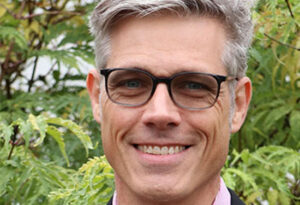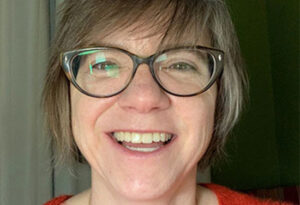
Clinical islet transplantation is viewed as a viable treatment that has the potential to eliminate a life-long dependence on insulin in individuals with type 1 diabetes (T1D). However, given the challenges of autoimmunity in islet transplantation, powerful immunosuppression therapies are currently required to prevent acute and long-term graft rejection.
Despite the immunosuppression treatments used in Dr. Shapiro’s islet transplantation program in Edmonton, the majority of research subjects still require two or more islet transplants to achieve insulin independence. The current immunotherapy regime consists of a combination of induction, anti-inflammatory and maintenance therapies, which have contributed to higher success rates in islet transplantations; however, the development of a life-long, high-dose immunosuppression therapy is still needed to limit side effects and promote beta cell insulin production.
In his new $1.5M JDRF-funded research project, Dr. Shapiro aims to address the most significant key gaps in beta cell replacement therapies.
His research will focus on:
1. Optimizing the Stem Cell Source: Investigators have yet to determine which stage of stem cell differentiation will generate the most functional beta cells after transplantation in humans;
2. Cell Protection: Dr. Shapiro will test the safety and efficacy of regulatory T cell infusions to preserve beta cell survival and function in humans, with much less need for anti-rejection drugs; and
3. Accelerating Clinical Translation: While human trials will be developed for islet transplantation with the standard use of immunosuppression, they will provide valuable clinical information regarding the safety and effectiveness of these novel treatments that can be implemented in future cell replacement therapies.
Dr. Shapiro’s study has the capacity to transform T1D research in Canada and around the world. By optimizing the stem cell source, validating strategies to protect cells from the immune system after transplant and accelerating clinical translation, we will certainly move closer to promising discoveries that will cure T1D and improve the lives of countless Canadians.




